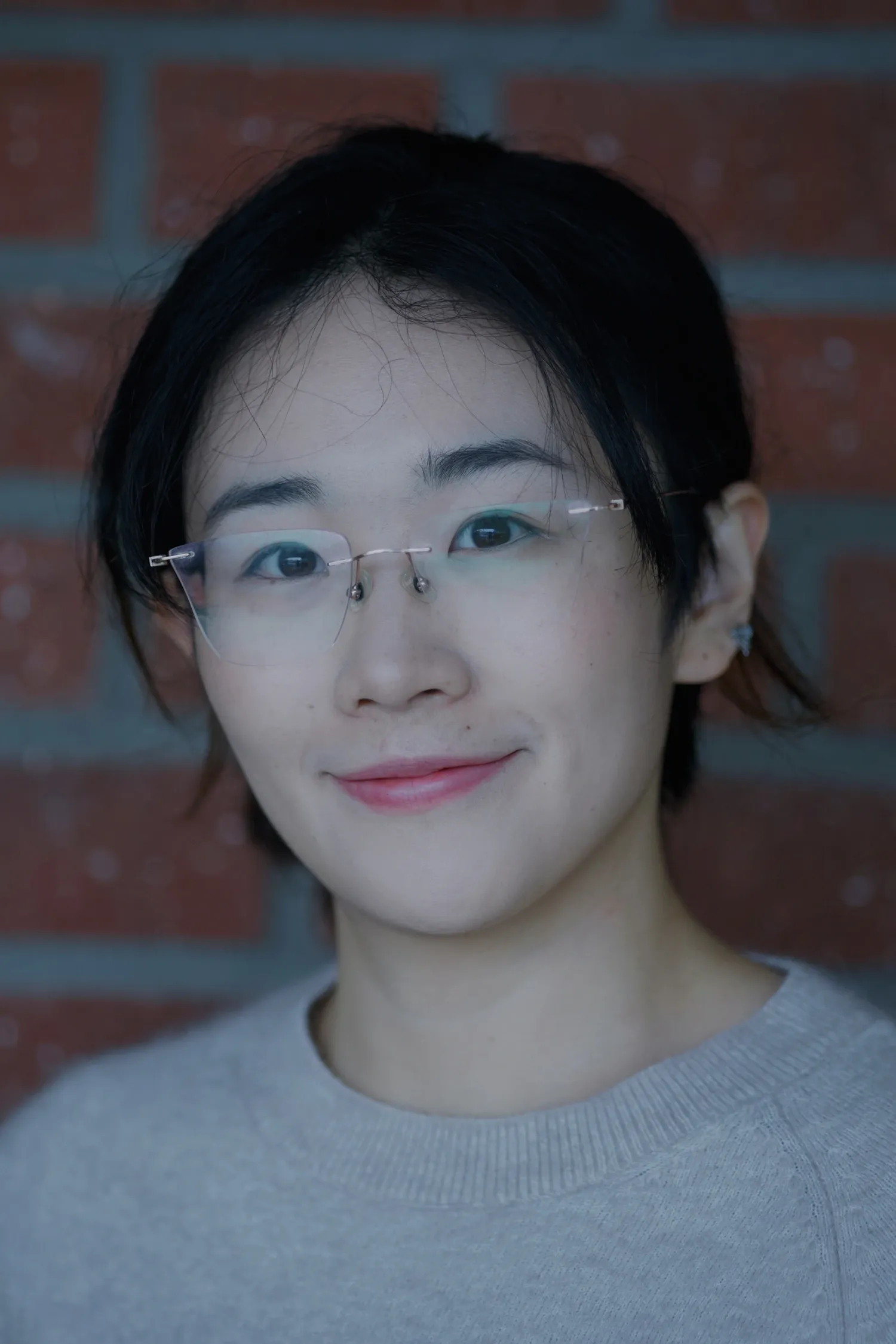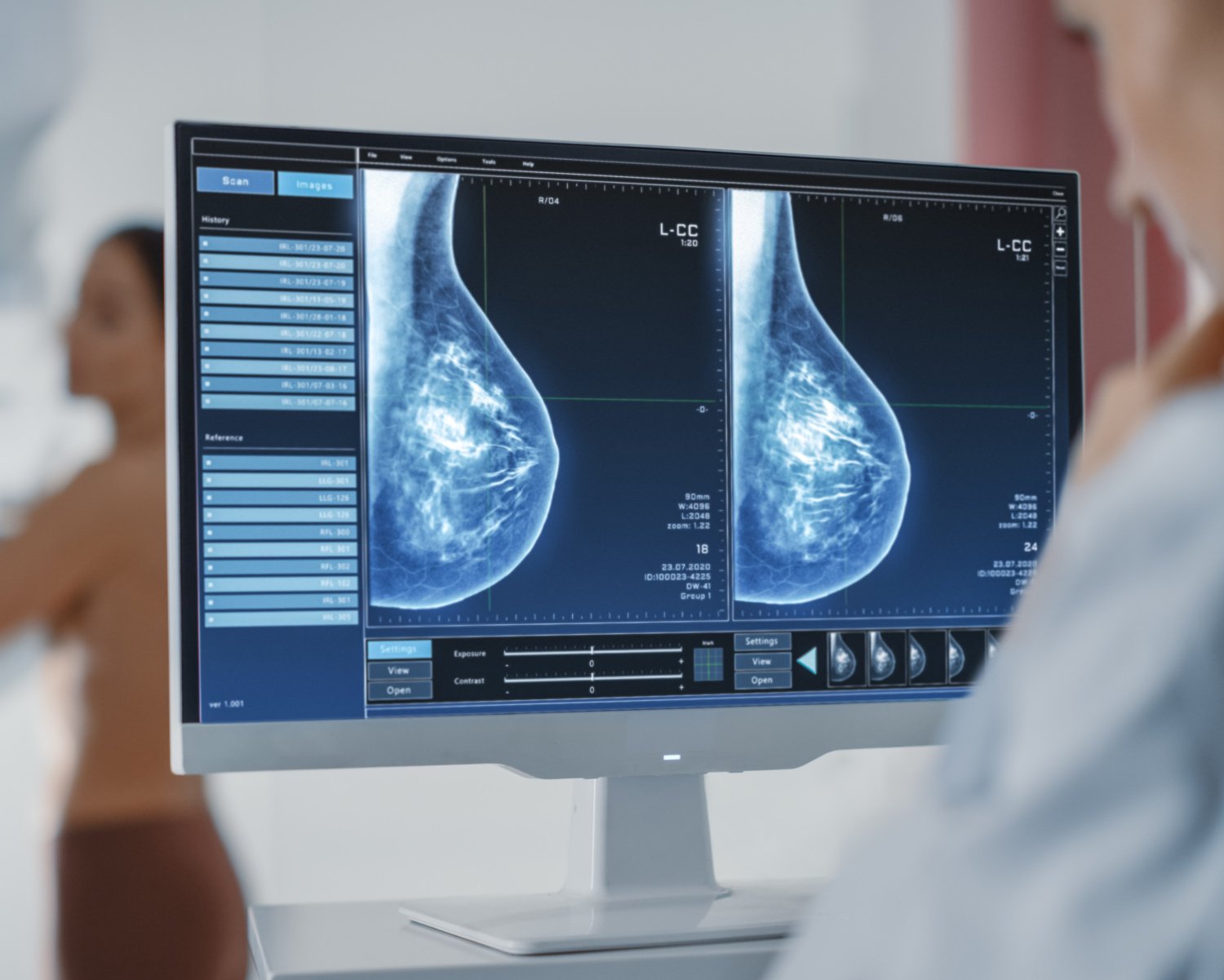Women who miss their first mammogram run a higher risk of being diagnosed with advanced breast cancer and dying from the disease. This is shown in a new study from Karolinska Institutet published in the scientific journal BMJ.
Since the early 1990s, women in Sweden have been offered regular mammograms, which has contributed to a decrease in breast cancer mortality. Despite this, a significant proportion choose not to attend their first examination. The researchers behind the new study wanted to investigate the long-term consequences of this.
The study is based on data from the Swedish mammography screening program and national health registries, and covers almost 433,000 women in Stockholm between 1991 and 2020, with follow-up for up to 25 years.
The results show that 32 percent of all women who were invited to their first screening declined. These women were also less likely to participate in future examinations, which often led to a later diagnosis and poorer prognosis.

"Skipping the first mammogram is a strong indicator of who is at risk of late detection and higher mortality. Our results show that missing the first mammogram is not just a one-time choice, but often marks the beginning of a long-term pattern of not attending check-ups," says the study's first author, Ziyan Ma, a doctoral student at the Department of Medical Epidemiology and Biostatistics, Karolinska Institutet.
Were detected at a more advanced stage
When women who skipped their first screening were later diagnosed with breast cancer, the disease was more often detected at a more advanced stage. The risk of developing stage III cancer was approximately 1.5 times higher, and for stage IV, the risk was as much as 3.6 times higher compared to those who participated in the first mammogram. Over a 25-year follow-up period, almost 1 percent of those who did not participate had died of breast cancer, compared with 0.7 percent among the participants - a difference that corresponds to a 40 percent higher risk of dying from the disease.
However, the total proportion of women who developed breast cancer was almost the same in both groups, approximately 7.7 percent. According to the researchers, this shows that the increased mortality is mainly due to delayed detection rather than more cases of the disease.

"Family history is a well-known, unchangeable risk factor for breast cancer. Our study shows that missing the very first screening examination carries a similar mortality risk - but unlike family history, this is a behavior that we can change. Since over 30 percent of women skip their first screening, increased participation could save many lives. Since this group can be identified early, decades before deaths occur, healthcare providers have a chance to intervene with reminders or support to encourage participation, says the study's last author, Kamila Czene, professor at the Department of Medical Epidemiology and Biostatistics, Karolinska Institutet
Important partners include Zhejiang University in China and clinical collaborations with Södersjukhuset and S:t Görans Sjukhus. The study was funded by the Swedish Research Council and the Swedish Cancer Society. There are no reported conflicts of interest.
Publication
"First mammography screening participation and breast cancer incidence and mortality in the subsequent 25 years: population based cohort study", Ziyan Ma, Wei He, Yuqi Zhang, Xinhe Mao, José Tapia, Per Hall, Keith Humphreys, Kamila Czene, BMJ, online September 25, 2025, doi: 10.1136/bmj-2025-085029

Facts about mammography screening
All women aged 40 to 74 in Sweden are invited to undergo free mammography screening every two years. The aim is to detect breast cancer at an early stage, often before symptoms appear. The examination is performed using X-rays and takes only a few minutes.






